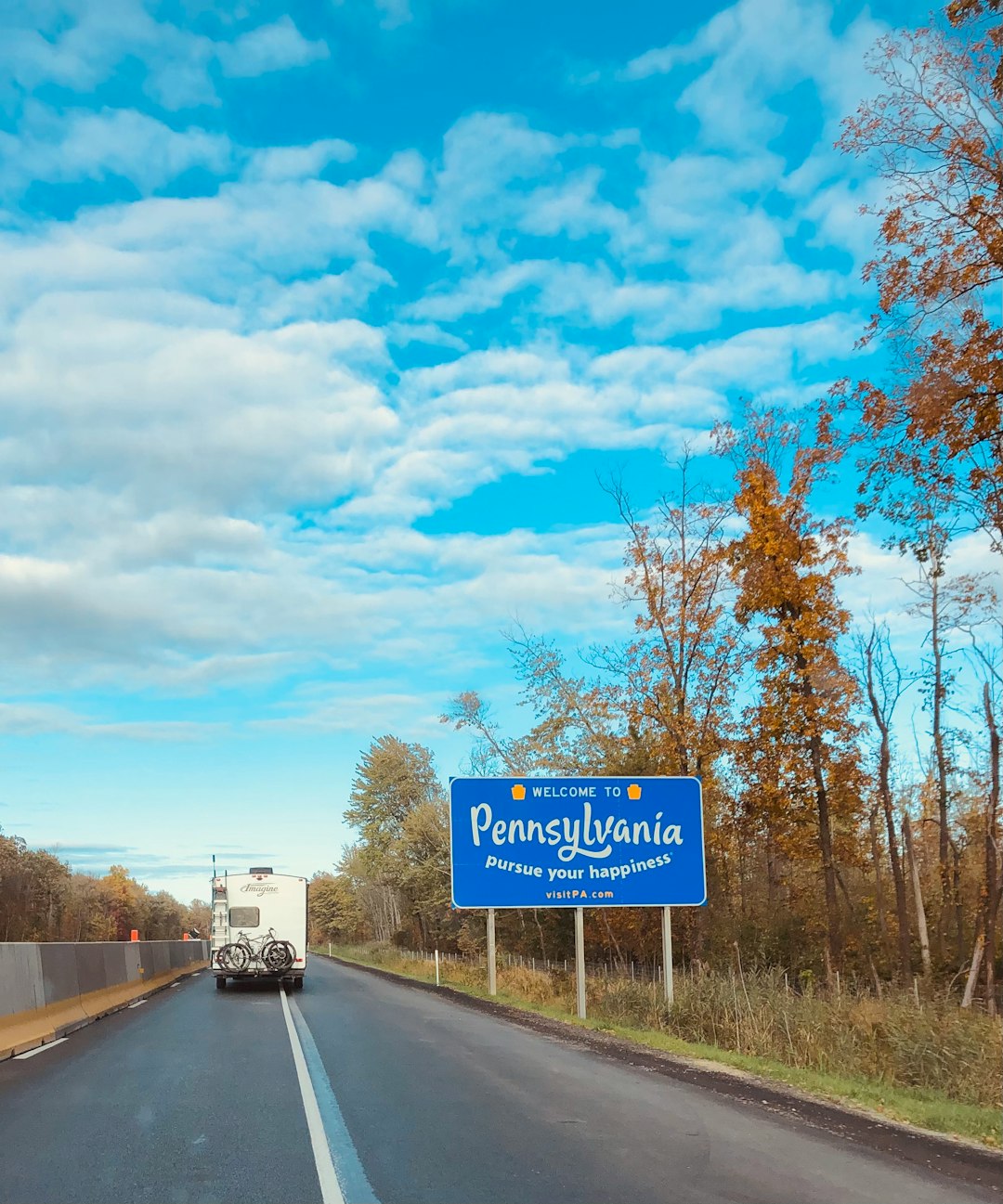Pennsylvania's "no call" laws, governed by the TCPA and enforced by specialized No Call Lawyers or Attorneys, protect residents from unwanted telemarketing calls and spam messages. These laws prohibit automated or prerecorded marketing calls without prior consent, with penalties up to $75,000 per violation. Individuals can file complaints and seek compensation through Spam Call law firms in Pennsylvania. Businesses should consult No Call Law firms or Lawyers for guidance on staying compliant while reaching customers.
“Unwanted phone calls can be a nuisance, but in Pennsylvania, strict No Call Laws are in place to protect residents. This comprehensive guide delves into the intricacies of these laws, offering a clear understanding of who they safeguard and how they enforce it.
From No Call Lawyer Pennsylvania to Spam Call law firms, we explore the penalties for violations and provide valuable insights for those seeking legal advice. Whether you’re a resident or a business owner, knowing your rights under No Call Laws Pennsylvania is essential. Discover more about navigating these regulations and protecting yourself from intrusive calls.”
Understanding No Call Laws in Pennsylvania: A Overview

In Pennsylvania, “no call” laws are designed to protect residents from unwanted telemarketing calls and spam messages, ensuring a certain level of privacy and peace for citizens. These regulations are part of a broader effort to curb excessive and intrusive marketing practices. The primary piece of legislation governing these laws is the Telephone Consumer Protection Act (TCPA), which has significant implications for businesses and individuals alike.
Understanding no-call laws in Pennsylvania involves comprehending when calls are permitted, what constitutes consent, and the consequences of violating these rules. These laws grant residents the right to silence their phones from unsolicited calls, allowing them to enjoy a more controlled and convenient communication experience. A no call lawyer or attorney specializing in these laws can offer guidance on navigating this legal landscape, especially for businesses aiming to stay compliant while reaching potential customers.
Who Is Protected by these Laws and How Do They Apply?

The no-call laws in Pennsylvania protect residents from unwanted phone calls, specifically those from telemarketers and sales representatives. These laws are designed to safeguard individuals’ peace of mind and personal time by limiting the number of marketing calls they receive.
Under these regulations, businesses are prohibited from making automated or prerecorded telemarketing calls to Pennsylvania residents unless they have prior consent. This includes calls promoting goods, services, or donations. Anyone who receives such calls, especially from unknown or suspicious numbers, can file a complaint with the Pennsylvania Attorney General’s office. If found guilty of violating these laws, companies may face penalties and individuals can seek legal action by consulting a No Call Lawyer or No Call Attorney in Pennsylvania to understand their rights and options, including potential compensation for harassing calls, known as Spam Call law firms in the state.
What Are the Penalties for Violating No Call Laws in PA?

In Pennsylvania, violating no-call laws can result in significant penalties for businesses and individuals. If a caller ignores or violates an individual’s registered “do not call” status, they may face legal repercussions through a no-call lawyer or no-call attorney in Pennsylvania. Fines range from $100 to $75,000 per violation, depending on the severity and frequency of the offenses. These penalties are designed to protect citizens from unwanted and intrusive telemarketing calls by holding offenders accountable.
Additionally, individuals who suffer emotional distress or financial harm due to repeated spam calls can seek compensation through legal action. A spam call law firm in Pennsylvania specializing in no-call laws can assist affected parties in pursuing justice and recovering damages. It’s crucial to understand the implications of violating these laws to ensure compliance and protect one’s rights as a consumer in the Keystone State.






